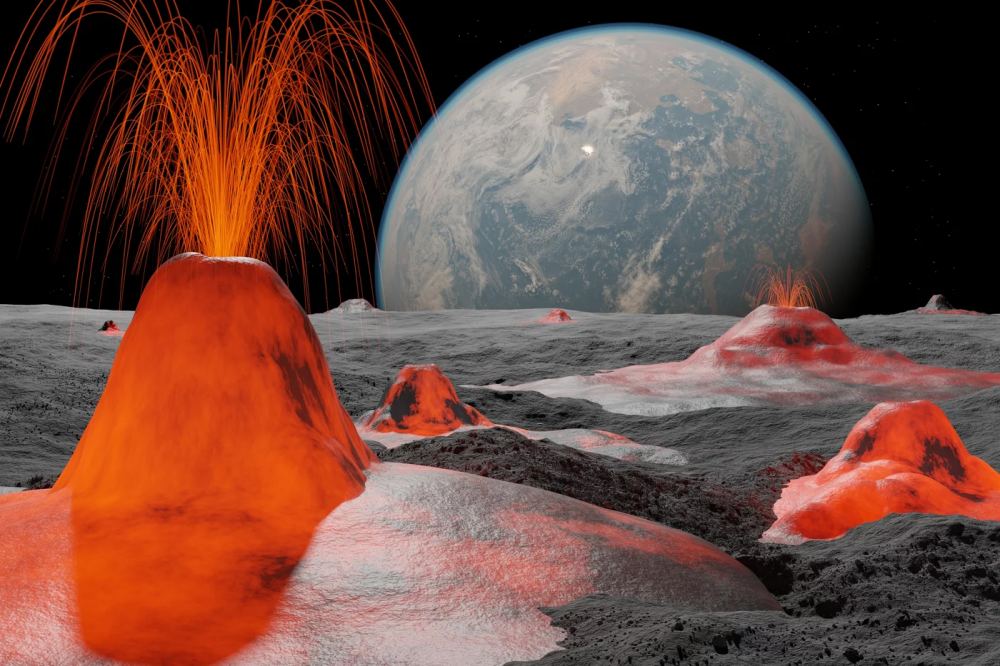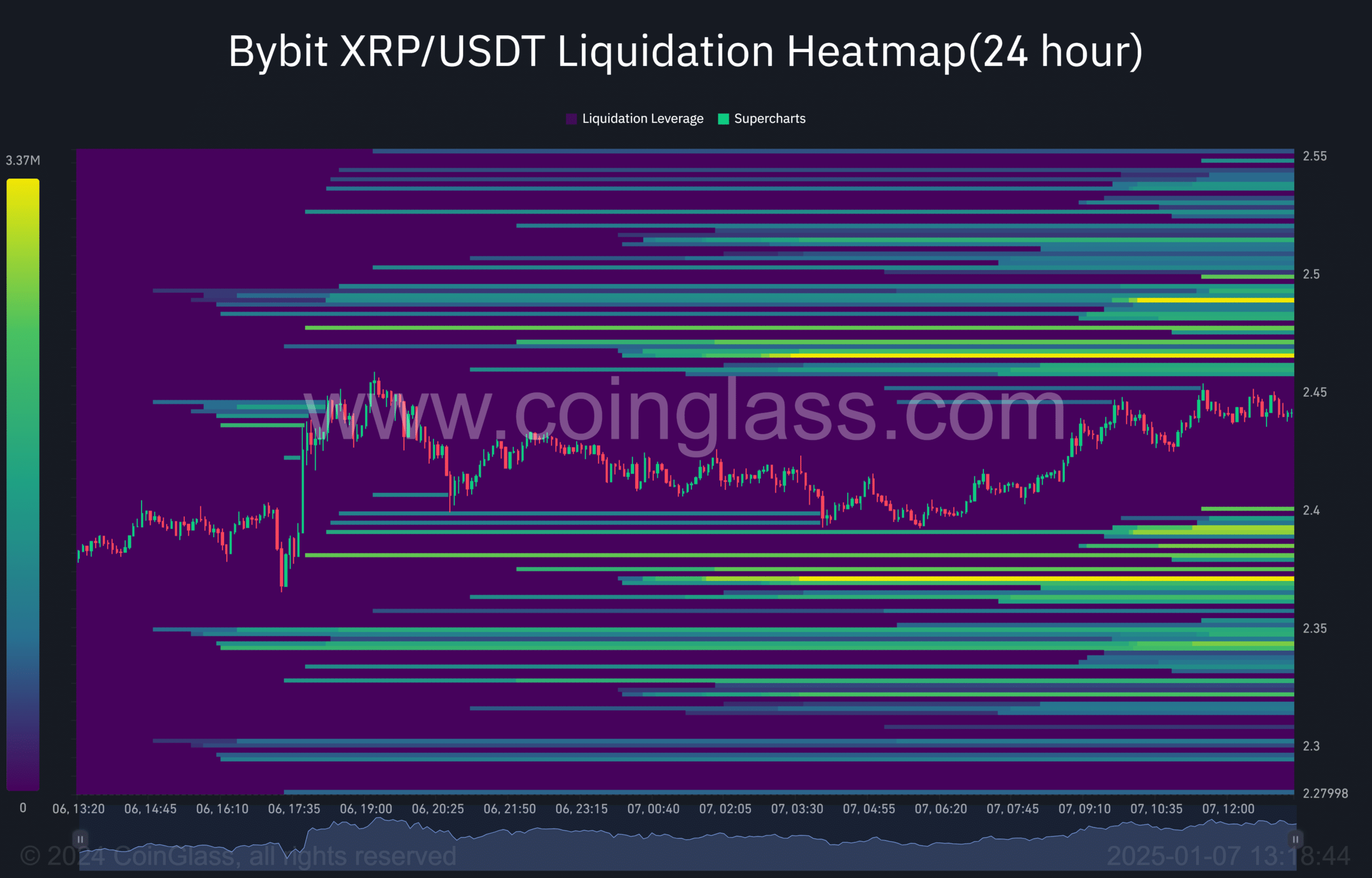
Editors’ Highlights are summaries of recent papers by AGU’s journal editors.
Source: Journal of Geophysical Research: Space Physics
Given the complex turbulent nature of the observed magnetosheath with strongly compressed and deformed magnetic fields, little attention has been paid to the data-based modeling of the terrestrial magnetosheath, the region of space located between the magnetopause and the bow shock, until now.
Tsyganenko et al. [2024] present a new empirical model that reconstructs the plasma flux in the magnetosheath depending on the solar wind plasma flux, interplanetary magnetic field, and dipole tilt. In the study, large-scale patterns of the magnetosheath plasma flow are reconstructed from multi-year sets of in situ data taken during recent decades and an advanced empirical model. Substantial interplanetary magnetic field (IMF) influence on the flow patterns is revealed, induced by magnetic field compression and tensions inside the magnetosheath. Plasma flows significantly depend on the dipole tilt, indicating the important role of reconnection effects around the dayside magnetopause. These results can be called on by forthcoming space missions, such as the Solar wind Magnetosphere Ionosphere Link Explorer (SMILE).
Citation: Tsyganenko, N. A., Semenov, V. S., Erkaev, N. V., & Gubaidulin, N. T. (2024). Magnetosheath plasma flow and its response to IMF and geodipole tilt as obtained from the data-based modeling. Journal of Geophysical Research: Space Physics, 129, e2024JA033233. https://doi.org/10.1029/2024JA033233
—Viviane Pierrard, Editor, JGR: Space Physics
Text © 2024. The authors. CC BY-NC-ND 3.0
Except where otherwise noted, images are subject to copyright. Any reuse without express permission from the copyright owner is prohibited.
Related







Leave a Comment